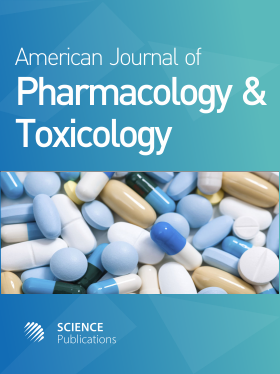Hormetic Triggers for Intervention in Aging, Disease and Trauma
- 1 University of Wyoming, United States
Abstract
Hormesis refers to the ability of a chemical or physical agent to condition the physiological state of an organism to tolerate stress with low doses of otherwise harmful agents. Evolutionary evidence shows that the survival and longevity of species hinge on their optimal ability to resist stress challenge. Hormesis is a potent strategy to stimulate latent repair processes to tolerate a specific challenge. Examples of hormetic agent-mimetics, which induce at least partial physiological conditioning, activate known pathways of longevity determinants, i.e., genetic stability, altered metabolism, immunoregulation and stress resistance. Despite the diversity of age-related diseases, glucose and oxidation-mediated protein and DNA damage are common denominators. The associated physiological conditioning-benefits may trigger: 1) activation of latent stress resistance pathways of youthful DNA repair; 2) increased resistance to oxidizing pollutants; 3) improved protein structure and function; 4) improved immunity; 5) damaged tissue remodeling; 6) adjustments in central and peripheral nervous systems; 7) altered metabolism; and 8) delay or breaking of inappropriate protein cross-links. Hormetic mimetics have intervention potential in cancer, diabetes, age-related diseases, infectious diseases, heart and kidney failure, cardiovascular diseases and Alzheimer’s disease. Small nucleotide SOS signals, dipeptides, ethanol, thiols, and metals and conserved peptide sequences found in sharks, frogs, woodchucks, and bears, can regulate cytokines, cellular immunity, and central and peripheral neuronal regulatory pathways to promote healthy blood pressure maintenance, heart rate, and metabolic pathways. disease sensitivity. Conserved stress mimetics are highlighted here that rejuvenate DNA and proteins repair and thus may intervene in aging, disease, and trauma. Hibernation Induction Trigger mimetics, Deltorphins, emerge as novel hormetic agents, effective both as pre and post exposure to physiological conditioners to tolerate stress, and prevent damage, and delay possibly aging. Hormesis mimetics offer powerful survival strategies, with better control over the beneficial dose response. Combinations of several mimetics may more closely mimic environmental challenges, which stimulate multiple stress responses.
DOI: https://doi.org/10.3844/ajptsp.2008.4.13

- 4,296 Views
- 3,452 Downloads
- 2 Citations
Download
Keywords
- Mimetics
- aging
- radiation
- diet restriction
- hibernation
